
HOME→What is the use of sedimentary rock powder What is the use of sedimentary rock powder What is the use of sedimentary rock powder
What is the use of sedimentary rock powder What is the use of sedimentary rock powder What is the use of sedimentary rock powder
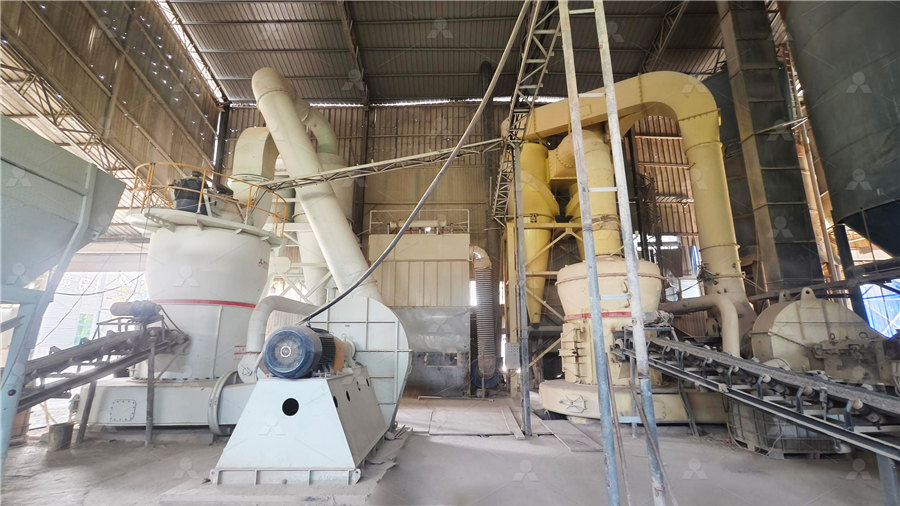
14 Uses of Sedimentary Rocks in Civil Engineering
Uses of sedimentary rock can be found in almost all buildings and public structures This makes it substantially important construction material in civil engineering projects The sedimentary rock is formed by the settlement and 2024年10月30日 Sedimentary rocks are the lithified equivalents of sediments They typically are produced by cementing, compacting, and otherwise solidifying preexisting unconsolidated sediments Some varieties of sedimentary rock, Sedimentary rock Definition, Formation, Examples,Sediments are removed and transported by water, wind, ice, or gravity in a process called erosion Streams carry huge amounts of sediment The more energy the water has, the larger the particle it can carry A rushing river on a 48: Sedimentary Rocks Geosciences LibreTextsAccording to its forming conditions, sedimentary rock is classified to mechanical sedimentary rock, chemical sedimentary rock and biological sedimentary rock According to its binding material, Sedimentary Rock an overview ScienceDirect Topics
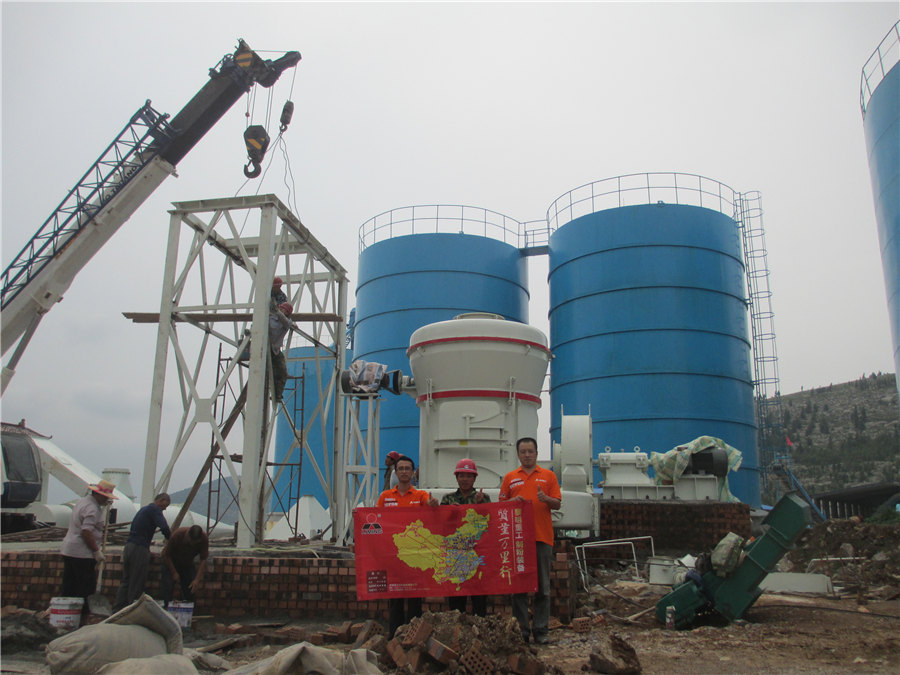
Sedimentary Rocks Pictures, Characteristics, Textures, Types
Diatomite is a sedimentary rock with many uses It is made up of the siliceous skeletal remains of diatoms, which are tiny singlecelled algae Diatomite is crushed into a powder known as 2024年2月14日 The properties of sedimentary rocks depend on their mode of formation and the materials they consist of Key properties include: Stratification or Layering: Most sedimentary rocks exhibit visible layers or beds, a result of Sedimentary Rocks Science Notes and ProjectsIts outside walls are made of a type of sedimentary rock called sandstone The sandstone that was used to construct the White House is very porous, which means that rainwater can easily penetrate the sandstone This made the 42: Sedimentary Rocks Geosciences LibreTextsThe cycle begins with the exposure of preexisting rock to the “agents” of weathering and erosion Weathering involves exposure of preexisting rock to Earth’s surface weather conditions These “agents” include wind, water and 54: Sediments and Sedimentary Rocks Geosciences
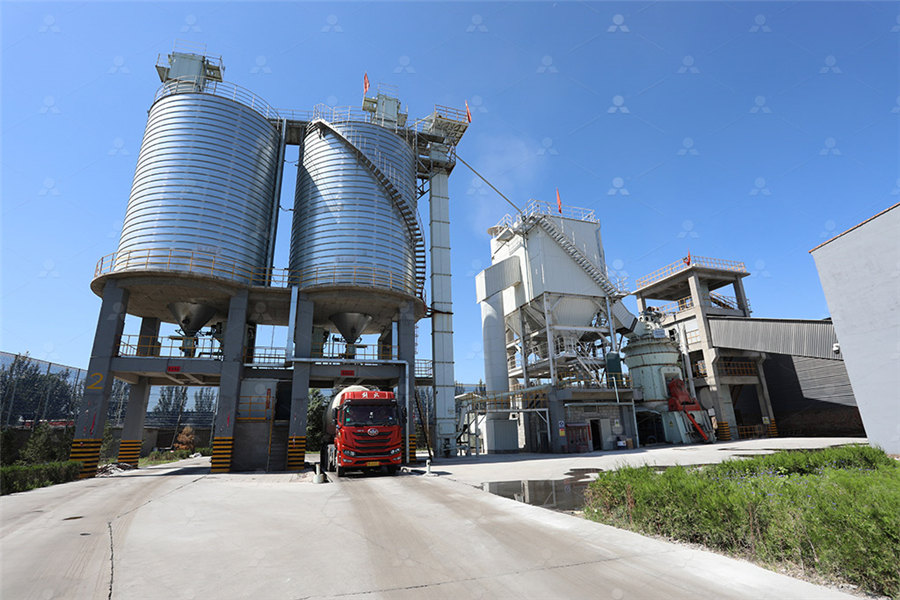
44: Sedimentary Rocks Geosciences LibreTexts
Grain sorting The third identifying property of clastic rocks is the sorting of the individual clasts A wellsorted clastic rock contains clasts with the same general size in its matrix (Fig 365)Such an arrangement means that the clasts were 4 weathered rock, bone fragments, soil, and other particles carried by wind, water, and ice 2 breakingdown process that changes the minerals in rock 5 chemical sedimentary rock hanging from the ceiling of a cave 1 an individual particle or grain in sedimentary rock 6 chemical sedimentary rock growing from the floor of a cave 3 chemical sedimentary rock formed when Sedimentary Rocks Flashcards Quizlet2023年8月22日 Steps of the Rock Cycle Molten rock called magma is the source material for rocks Igneous rocks form both under the surface and above it when magma becomes lava Heat and pressure changes igneous and The Rock Cycle Diagram and Explanation Science Human Use of Sedimentary Rock Sedimentary rocks are used as building stones, although they are not as hard as igneous or metamorphic rocks Sedimentary rocks are used in construction Sand and gravel are used to make concrete; they are also used in asphalt Many economically valuable resources come from sedimentary rocks48: Sedimentary Rocks Geosciences LibreTexts
.jpg)
42: Sedimentary Rocks Geosciences LibreTexts
Sedimentary Rock Formation Sediments accumulate and over time may be hardened into rock Lithification is the hardening of layers of loose sediment into rock (Figure 412) Lithification is made up of two processes: cementation and compaction2017年11月30日 Incorporation of sedimentary rock powder enhanced the compressive strengths by 15–30% as compared to pure metakaolin geopolymers(PDF) Use of alkalisilica reactive sedimentary rock powder as a Interesting Facts about Sedimentary Rock Sedimentary rocks are formed by sediment that is deposited over time Some sedimentary rock facts are provided below Flint is a hard, sedimentary form of the mineral quartz Sedimentary rocks cover most of the Earth’s rocky surface, but they only make up a very small percentage of the planet’s crustWhat are Sedimentary Rocks? Types, Formation, Uses, FactsSedimentary rocks are formed from preexisting rocks or pieces of onceliving organisms They form from deposits that accumulate on the Earth's surface Sedimentary rocks often have distinctive layering or bedding Many of the picturesque views of the desert southwest show mesas and arches made of layered sedimentary mon Sedimentary Rocks:Common What are sedimentary rocks? US Geological Survey
.jpg)
Use of alkalisilica reactive sedimentary rock powder as a
2017年11月30日 DOI: 101016/JCONBUILDMAT201708109 Corpus ID: ; Use of alkalisilica reactive sedimentary rock powder as a resource to produce high strength geopolymer binder @article{Lahoti2017UseOA, title={Use of alkalisilica reactive sedimentary rock powder as a resource to produce high strength geopolymer binder}, author={Mukund Lahoti and Keng There are three types of rock: sedimentary, igneous and metamorphic In this article you can learn: How different types of rock are formed; What causes ripple marks in sedimentary rocks;What are the three types of rocks? BBC BitesizeRock Salt is a chemical sedimentary rock that forms from the evaporation of ocean or saline lake waters It is also known by the mineral name "halite" It is rarely found at Earth's surface, except in areas of very arid climate It is often mined for use in the chemical industry or for use as a winter highway treatmentSedimentary Rocks Pictures, Characteristics, Textures, Types52 Weathering and Erosion Bedrock refers to the solid rock that makes up the Earth’s outer crustWeathering is a process that turns bedrock into smaller particles, called sedimentMechanical weathering includes pressure 5 Weathering, Erosion, and Sedimentary Rocks
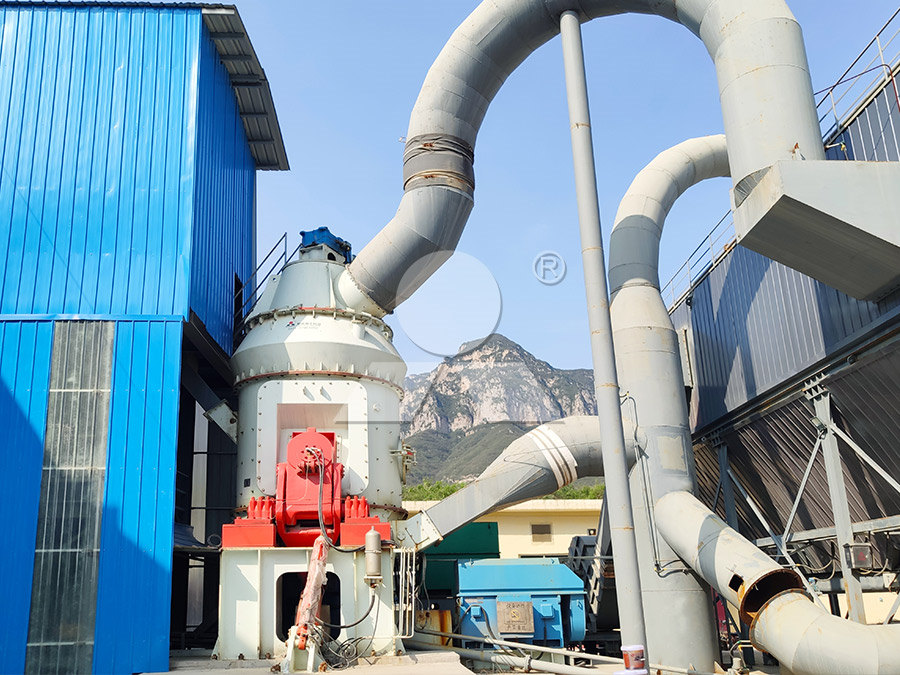
414: Sedimentary Rock Classification K12 LibreTexts
The main types of sedimentary rocks are clastic or chemical Some sedimentary rocks are a third type: organic Clastic sedimentary rocks are made of sediments The sediments differ in size Chemical sedimentary rocks are made of 2023年11月24日 Diatomite, also known as diatomaceous earth, is a naturally occurring, soft, siliceous sedimentary rock that is easily crumbled into a fine white to offwhite powder It is composed of the microscopic remains of diatoms, which are singlecelled algae with skeletons made of silica These skeletons accumulate over time, forming deposits of diatomiteProperties, Formation, Compositions, Uses Geology Science2021年5月15日 Chemical cherts or flints are quite hard sedimentary rocks They are the same hard as granite Both rock types can be porous and vesicular, e g porous limestone as a representative of sedimentary rock, and scoria as an example of igneous rock Both sedimentary rocks and igneous can be quite dense and hard No doubt, that igneous rock is hardSedimentary vs Igneous Rocks: Differences SimilaritiesIn using the sedimentary rock classification table that accompanies this section, you will see that the clastic sedimentary rocks are classified on the basis of grain size Sandstones are rocks made of sandsize grains Shale is layered sedimentary rock made of fine mudsize grains too small to see with the naked eye37: Sedimentary Rocks Geosciences LibreTexts
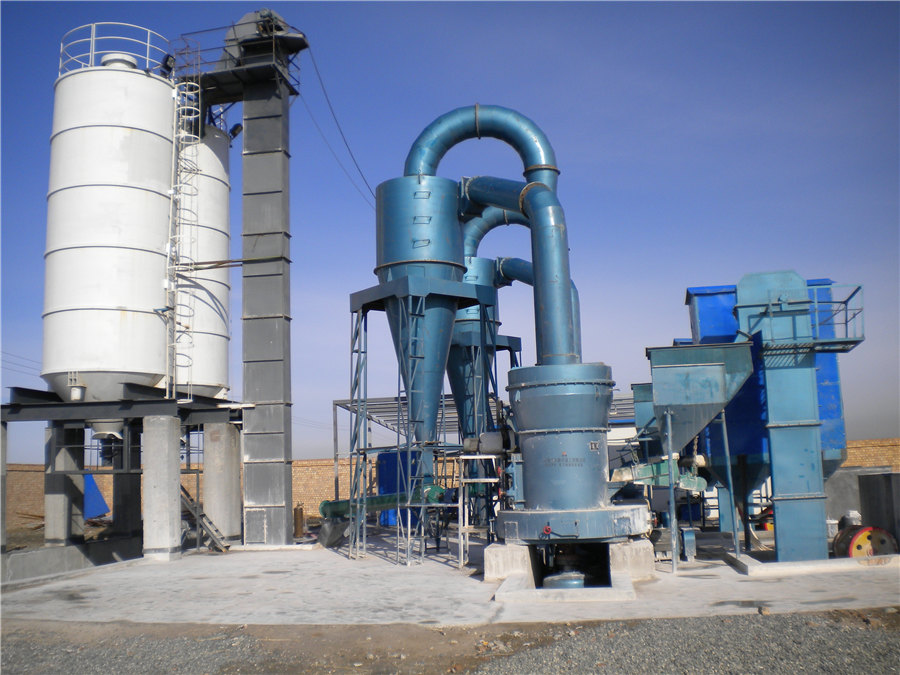
5 Weathering, Erosion, and Sedimentary Rocks Virginia Tech
Sedimentary rock and the processes that create it, which include weathering, erosion, and lithification, are an integral part of understanding Earth ScienceThis is because the majority of the Earth’s surface is made up of sedimentary rocks and their common predecessor, sedimentsEven though sedimentary rocks can form in drastically different ways, their origin and creation have 2023年8月16日 Pumice Composition Pumice is primarily Silicon Dioxide, some Aluminum Oxide and trace amounts pf other oxide Mall crystals of various minerals occur in many pumices; the most common are feldspar, augite, hornblende, and zirconThe cavities (vesicles) of pumice are sometimes rounded and may also be elongated or tubular, depending on the flow of the Pumice Properties, Composition, Formation, Uses Geology 2023年4月3日 Bauxite is a sedimentary rock mineral that is the primary source of aluminum It is formed through the weathering of aluminumrich rocks in tropical and subtropical regions The name bauxite is derived from the French village of Les Baux, where it was first discovered in 1821 by geologist Pierre Berthier Bauxite is typically found in layers beneath a few meters of Bauxite Properties, Formation, Uses » geologyscienceRelated pages Limestone – Limestone is a carbonate sedimentary rock that consists predominantly of calcite [CaCO3] Limestones are the commonest rocks that contain nonsilicate minerals as primary components and, even if they represent only a fraction of all sedimentary rocks (about 20 – 25%), their study is fundamental to understand past environments, climate, Carbonate Rocks Geology is the Way
.jpg)
Sedimentary Rocks: Identification, Pictures
If the sedimentary rock is biochemical, it is classified by the composition of the biologic detrital material If it is chemical, it is determined by the composition of the precipitated minerals Clastic rocks are the most readily identifiable Sedimentary rock formation is a cycle unto itself and is discussed in more detail elsewhere in this text The flow through that cycle appears below Figure \(\PageIndex{2}\): The steps in the Sedimentary Rock Cycle (Callan Bentley 54: Sediments and Sedimentary Rocks Geosciences 2017年11月30日 Use ASR sedimentary rock powder to synthesis high strength geopolymer • Geopolymer binder is densified by filling the voids in matrix with rock powders • Incorporation of sedimentary rock powder enhances the compressive strengths by 15–30% • Metakaolin geopolymer binder with 67 wt% rock powder can achieve a high strength of 80 MPaUse of alkalisilica reactive sedimentary rock powder as a Weathering and erosion The processes by which the Biosphere, Atmosphere, and Hydrosphere modify the Geosphere are called weatheringWe can recognize two big categories of weathering: physical weathering (also known as mechanical weathering), and chemical weathering Sometimes, products of weathering remain on the surface of the Geosphere more or less 19 The Rock Cycle II: Sediment and Sedimentary Rock
.jpg)
Limestone Types, Properties, Composition, Formation, Uses
2023年10月21日 Limestone is a sedimentary rock primarily composed of calcium carbonate (CaCO3) in the form of mineral calcite or aragoniteIt is one of the most common and widely distributed rocks on Earth, with a wide range of uses in various industries and natural settings Limestone forms through the accumulation and compaction of marine organisms, primarily the Bedding and lamination The most common feature of sedimentary rocks is that they are organized in layers of different composition piled on top of each other Any layer of rock in a sedimentary sequence that can be distinguished from the layers above Bedding and lamination – Geology is the Way2017年11月30日 Incorporation of sedimentary rock powder enhanced the compressive strengths by 15–30% as compared to pure metakaolin geopolymers Microstructure analysis revealed that the enhancement in compressive strengths were primarily due to the densification of binder by filling the voids in matrix with rock powdersUse of alkalisilica reactive sedimentary rock powder as a Chemical sedimentary rocks form from the precipitation of minerals from water, such as limestone and rock salt Organic sedimentary rocks are formed from the accumulation and lithification of organic material, such as coal Sedimentary rocks can also be classified based on their composition, such as siliciclastic (rich in silicate minerals), What is Rock, Types of Rocks and Classification Geology Science
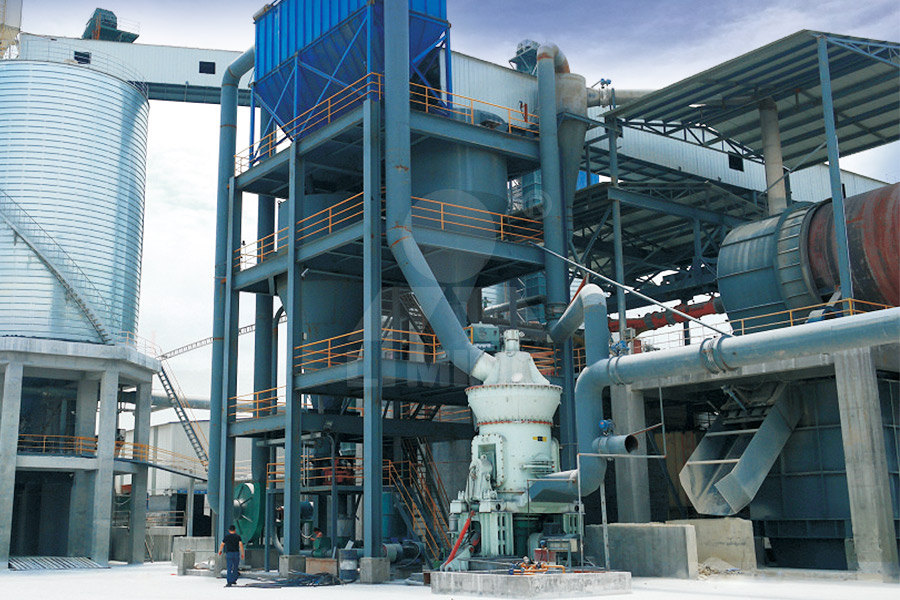
35: The Rock Cycle Geosciences LibreTexts
Human Use of Sedimentary Rock Sedimentary rocks are used as building stones, although they are not as hard as igneous or metamorphic rocks Sedimentary rocks are used in construction Sand and gravel are used to make concrete; they are also used in asphalt Many economically valuable resources come from sedimentary rocksThe processes involved in the rock cycle often take place over millions of years So on the scale of a human lifetime, rocks appear to be “rock solid” and unchanging, but in the longer term, change is always taking place In the rock cycle, illustrated in figure 8, the three main rock types—igneous, sedimentary, and metamorphic—are shown33: The Rock Cycle Geosciences LibreTexts2024年2月14日 Coal: An organic sedimentary rock formed from accumulated plant debris, typically in swamp environments Gypsum: A soft mineral rock formed from the evaporation of seawater Dolostone: Similar to limestone but Sedimentary Rocks Science Notes and ProjectsLimestone is a sedimentary rock composed primarily of calcite, a calcium carbonate mineral with a chemical composition of CaCO 3 It usually forms in clear, calm, warm, shallow marine waters Limestone is usually a biological Limestone: Rock Uses, Formation, Composition,
.jpg)
Sedimentary rock Wikipedia
Uluru (Ayers Rock) is a large sandstone formation in Northern Territory, Australia Sedimentary rocks can be subdivided into four groups based on the processes responsible for their formation: clastic sedimentary rocks, 2023年8月21日 It is most abundant sedimentary rock The composition (silt and clay) of shale in a category of sedimentary rocks known as mudstone Difference between shale to mudstone, It is fissile and laminated seen Shale rock readily into thin pieces along the laminations Origin: Detrital/Clastic Colour: Black, Grey Group: Clastic Sedimentary RockShale Properties, Composition, Formation, Uses Geology ScienceThe formation of sedimentary rock is one stage in the rock cycle transport → deposition → sedimentation → compaction → cementation With this PowerPoint and Activity Pack, your children can compare and group the different types of Sedimentary Rocks Formed What Type of Rock is ChalkMarble Chalk The Giant’s Causeway All made of rock but all different Learn all about the three different types of rock found on Earth with BBC BitesizeRock types The Earth and atmosphere KS3 Chemistry BBC
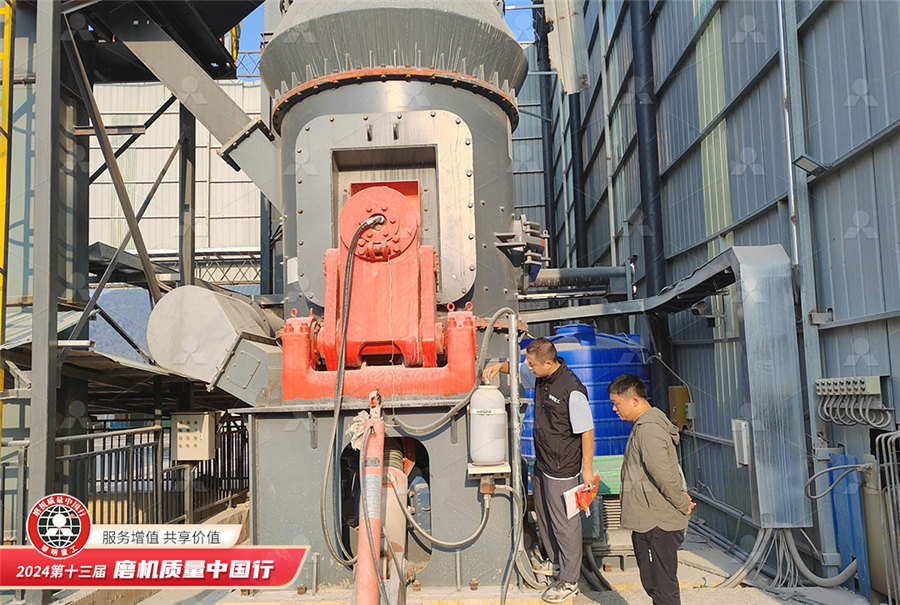
Process of Formation of Sedimentary Rocks – Geology In
How does the sedimentary rock are formed? There are five basic steps involved in the formation of sedimentary rocks: Weathering: making the sediment by breaking down or dissolving preexisting rocks or living organisms Erosion: picking up the sediment by water, wind, or glaciers Transportation: moving the sediment by water, wind, or glaciers Deposition: depositing the We classify such rocks as organic sedimentary rocks, separate from chemical and clastic sedimentary rocks Examples are limestones formed from shell or skeletal remains, coquina (a sedimentary rock made of shell fragments), diatomite (a sedimentary rock made of the remains of diatoms), and coal This photo (Figure 777) shows an example of coquina7 Sedimentary Minerals and Sedimentary Rocks – MineralogyLithification and Diagenesis Lithification turns loose sediment grains, created by weathering and transported by erosion, into clastic sedimentary rock via three interconnected stepsDeposition happens when friction and gravity overcome the forces driving sediment transport, allowing sediment to paction occurs when material continues to accumulate on top of 53: Sedimentary Rocks Geosciences LibreTexts2023年9月9日 Gypsum is a soft sulfate mineral composed of calcium sulfate dihydrate (CaSO42H2O) It is commonly found in sedimentary rock formations and is often associated with other minerals such as anhydrite, halite, and sulfur The name “gypsum” is derived from the Greek word “gypsos,” which means “plaster” or “chalk”Gypsum Properties, Formation, Uses and Deposits Geology













